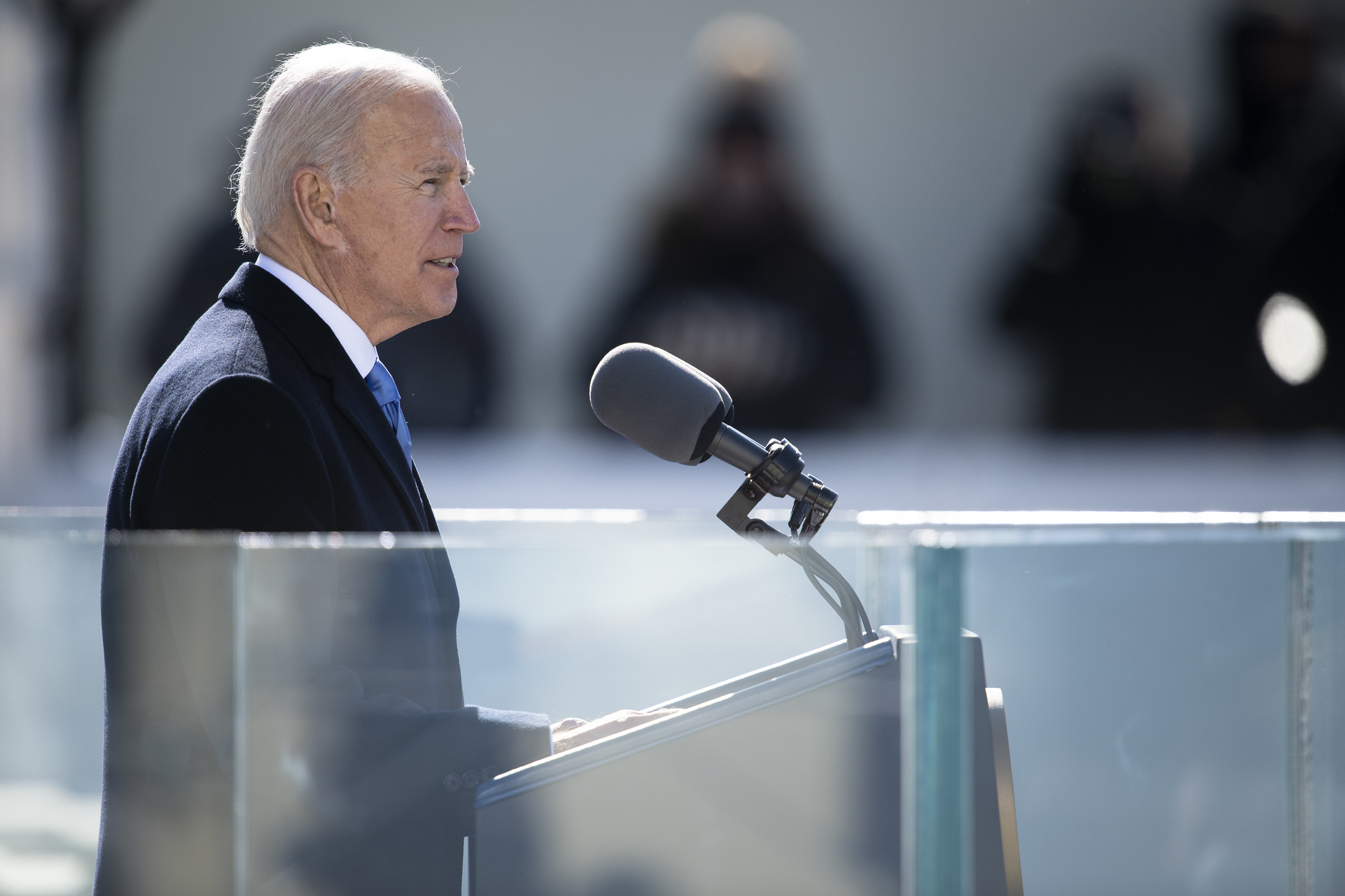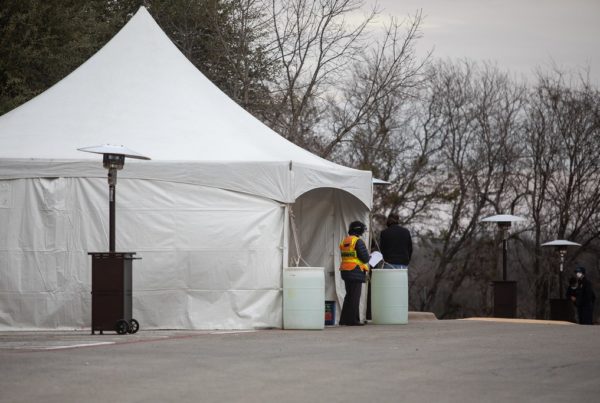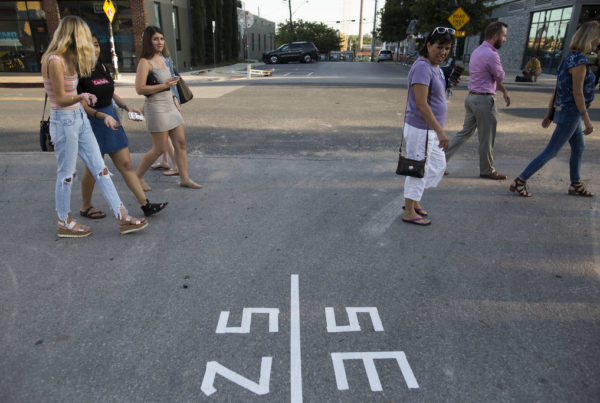President Biden’s first week in office has been a historic one in which he’s devoted more time to addressing issues of racial justice than any president this early in an administration since Lyndon Johnson and Ulysses S. Grant.
On Tuesday, Jan. 26, Biden signed four executive orders promoting racial equity and housing, ending the federal use of private prisons, “reaffirming the federal government’s commitment to tribal sovereignty and consultation” with Native American and indigenous communities and combating racism and xenophobia directed toward Asian-Americans and Pacific Islanders.
Biden’s decision to sign these executive orders so early in his administration sets an important tone for the entire federal government and Washington’s approach to racial justice. In many ways, this represents his first major policy steps as president to confront the roots of the national crisis over racial injustice that erupted in the combined wake of George Floyd’s murder and the COVID-19 pandemic.
Biden spoke candidly of his motivations. The president called George Floyd’s death a turning point in this country’s attitude towards racial justice. These latest executive orders build on one of Biden’s very first actions in office: an executive order focused specifically on fighting systemic racism across multiple layers of government.
This order, advancing racial equity and support for underserved communities through the federal government, represented an effort to do more than roll back the previous administration’s policies on race, which Biden has already done by ending the 1776 Commission – an initiative he labeled as offensive and that defined a truly warts-and-all view of American history as unpatriotic. But these executive orders represent a proactive response to the groundswell of racial justice protests that transformed the nation last year.
The first executive order also directs the Office of Management and Budget to partner with federal agencies to produce data assessments to measure racial equity and, when necessary, to pilot programs designated to broaden access and equity.
In addition to the executive orders, President Biden’s $1.9 trillion pandemic

Professor Peniel Joseph
stimulus package contains anti-poverty and employment relief policies that would, the administration says, reduce Black poverty by a third and Hispanic poverty by 40%.
Biden’s laser focus on racial justice represents the most sustained presidential efforts on race matters that America has seen this early since Lyndon Johnson’s Great Society. Biden seems to understand that this is the kind of truth America must recognize in order to create public policies that leverage justice to produce healing.
“Our soul will be troubled as long as systemic racism persists,” Biden observed during Tuesday’s announcement, noting that the nation is less prosperous and healthy due to racial injustice.
“We need to make equity and justice part of what we do every day,” he said.
These words are especially crucial during this period of racial and political reckoning in America. We still have a long road ahead of us with legislation devoted to expanding and protecting voting rights, transforming the criminal justice system and ending racial wealth and income gaps, to name a few items high on the agenda.
For now, Biden has taken unprecedented first steps toward meeting the historic crisis of race and democracy. His first week portends a potentially transformative presidency.















